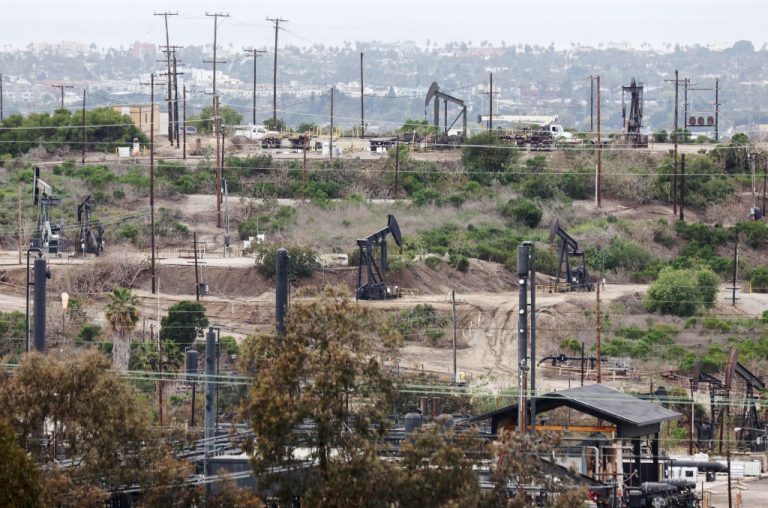Should the U.S. pass a controversial bill, the NOPEC bill, currently making its way through the required steps to become law it could cause oil prices to soar to an unprecedented level, $300 per barrel.
Different forms of the bill have been debated over for decades however each attempt to enact the law has failed. It’s designed, in part, to allow American lawmakers to pave the way for lawsuits against OPEC members for market manipulation. It would change U.S. antitrust law, revoking the sovereign immunity that has to date protected OPEC and its national oil companies from lawsuits.
In addition, the bill is intended to protect U.S. consumers and businesses from engineered spikes in energy prices.
During a panel discussion at the World Utilities Congress in Abu Dhabi, UAE Energy Minister, Al Mazrouei, told CNBC Tuesday’s Dan Murphy, “If you hinder that system, you need to watch what you’re asking for, because having a chaotic market you would see … a 200% or 300% increase in the prices that the world cannot handle.”
On May 5, the U.S. Senate committee passed the No Oil Producing or Exporting Cartels (NOPEC) bill which was sponsored by senators Chuck Grassley, Republican, and Democrat Amy Klobuchar, and passed 17-4 in the Senate Judiciary Committee, Reuters reported.
Success
You are now signed up for our newsletter
Success
Check your email to complete sign up
According to Reuters Klobuchar said, “I believe that free and competitive markets are better for consumers than markets controlled by a cartel of state-owned oil companies … competition is the very basis of our economic system.”
White House Press Secretary Jen Psaki said the Biden Administration has concerns about the “potential implications and unintended consequences” of the legislation saying that the White House is still studying the bill.
The bill is not law as of yet, it still needs to pass the full Senate and House and be signed by Biden to become law.
Should the law pass, the U.S. Attorney General would gain the power to sue OPEC and its members in federal court. Producers like Russia, who work closely with OPEC in a wider group known as OPEC+ could also be sued.
OPEC under increasing pressure
OPEC and its partners have come under increasing pressure from various countries including the U.S. and Japan, to increase its output as the world grapples with a combination of high oil prices and fall out from the war in Ukraine.
Al Mazrouei has acknowledged that some members of OPEC have been falling short of their production quotas, but said that the alliance is doing its part to meet global demand.
“We, OPEC+, cannot compensate for the whole 100% of the world requirement. How much we produce, that is our share. And, actually, I would bet that we are doing much more,” he said.
OPEC+ fell short of its quotas by more than 2.5 million barrels per day in April, according to the latest OPEC+ survey by S&P Global commodity Insights.
Saudi Energy Minister Prince Abdulaziz bin Salman, who joined Al Mazrouei in the panel discussion, when asked about the NOPEC bill said, “I’m very concerned about the holistic system existing today,” adding that “The world needs to work collectively, responsibly, comprehensively in providing us and salvaging the world economy,” CNBC reported.
















